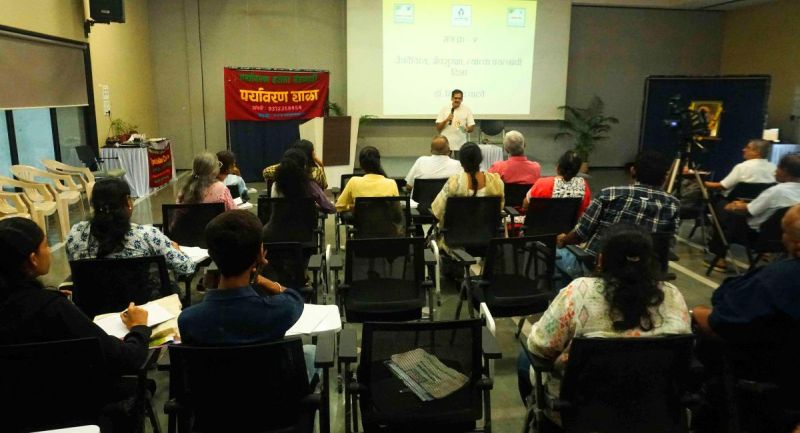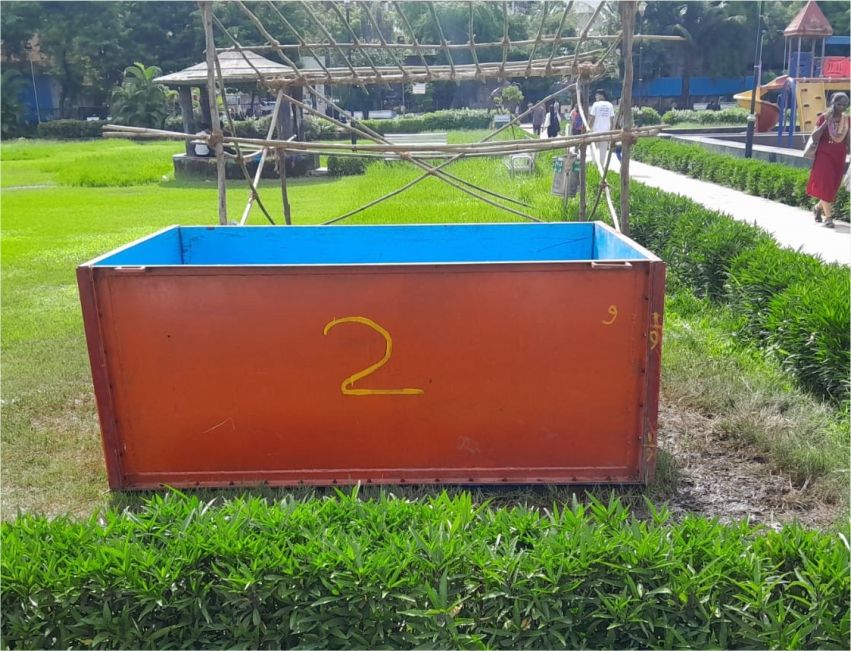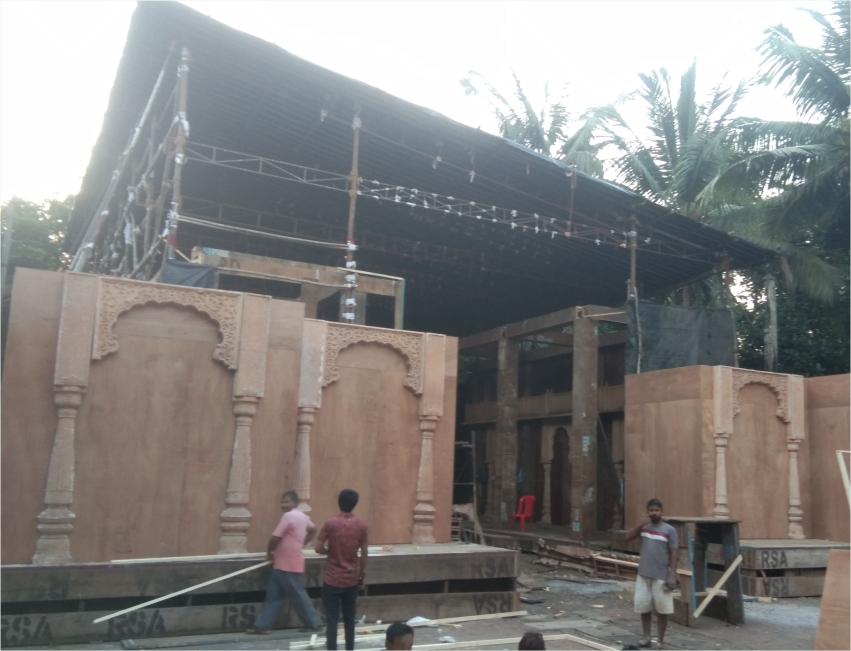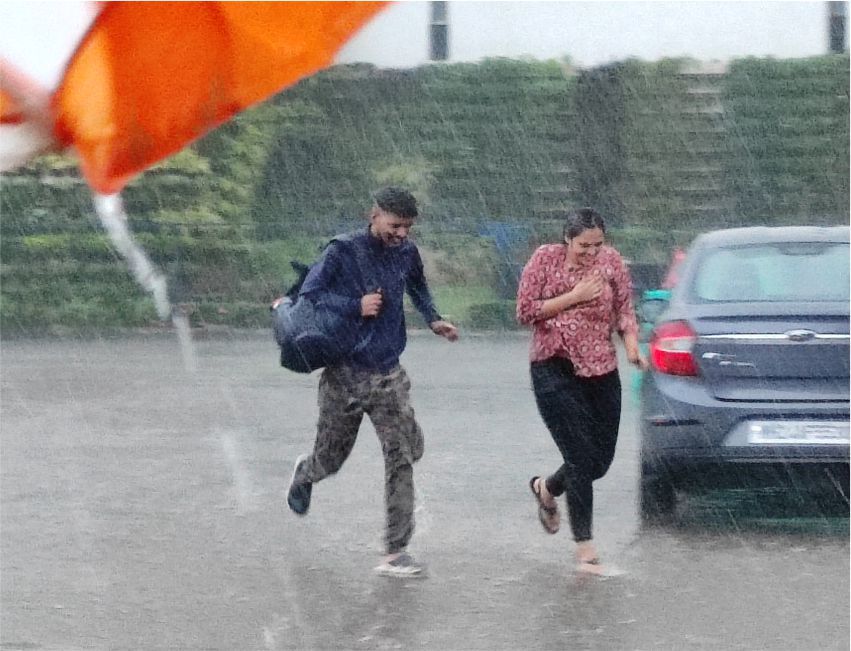Holistic Indian philosophy & action necessary for environment conservation, sustainability

- Newsband
- 30 May, 2025
Mumbai: Sustainable development is the only way to undo the environmental loss caused by modern technology and it was imperative to conduct a comprehensive analysis of the benefits and environmental losses of developmental projects. This was the outcome of a two-day Sustainable Development Concept Workshop jointly conducted by the Rambhau Mhalgi Prabodhini (RMP) and Thane-based Paryavaran Dakshata Mandal.
Researchers, journalists, volunteers, entrepreneurs and engineers working in the environment sector from Mumbai, Thane, Dombivli, Murbad, Vasai, Mahad, Nashik and Pune attended the workshop.
Stressing the need for comprehensive analysis of benefits and environmental losses of developmental projects, Vidyadhar Walavalkar, vice president, Paryavaran Dakshata Mandal, said it was necessary for sustainability.
Addressing the gathering, Dr Umesh Mundlye, water conservation and sacred groves researcher, speaking on the availability and use of water and water security, said, “The prevalent development model focusses on urbanization and industrialization, and wrong policies therein cause loss of water sources, agriculture and forests. With right interventions and people’s participation water conservation is possible.”
Commenting on understanding the climate, climate change and global warming, Krishnanand Hosalikar, veteran weather expert, said that predicting weather patterns would be challenging going forward. Referring to Padma Puraan, he said that humans won’t face hell if they conserve nature and avoid pollution.
Highlighting the significance of renewable energy, Dr Priyadarshini Karve said, “Global warming caused by transition from physical labour and bioenergy to fossil fuels has necessitated use of renewable energy.”
It is very essential for a biodiversity rich tropical country like India to protect this heritage. Dr. Milind Watve enlightened those present about biodiversity and the direction to be taken for conservation.
Dr Ajit Gokhale explained to the audience terms like carbon emissions, carbon credits and carbon sequestration. Dilip Kulkarni, who has been an ardent advocate of sustainable lifestyle, said, “Ancient Indian sages had recognized that unbridled consumption provides temporary gratification and leads to many problems.”
“The polluting development model adopted by the world brings temporary happiness. Controlled consumption is the key to long-lasting joy. This way humans will move on the sustainable path,” he added.
Bhavesh Brahmankar took stock of the international policies and insisted on the need for coordination at different levels.
Dr Shyam Asolekar discussed the connection between science, technology and environment. Ramakant Bari, entrepreneur from Dombivli, said, “The guidance obtained here brought clarity in mind about the action we should undertake.”
Shankar Futane, financial consultant from Nashik, said that with this knowledge he realized that beyond avoiding plastics, there is need for environmental literacy, just like financial literacy.





